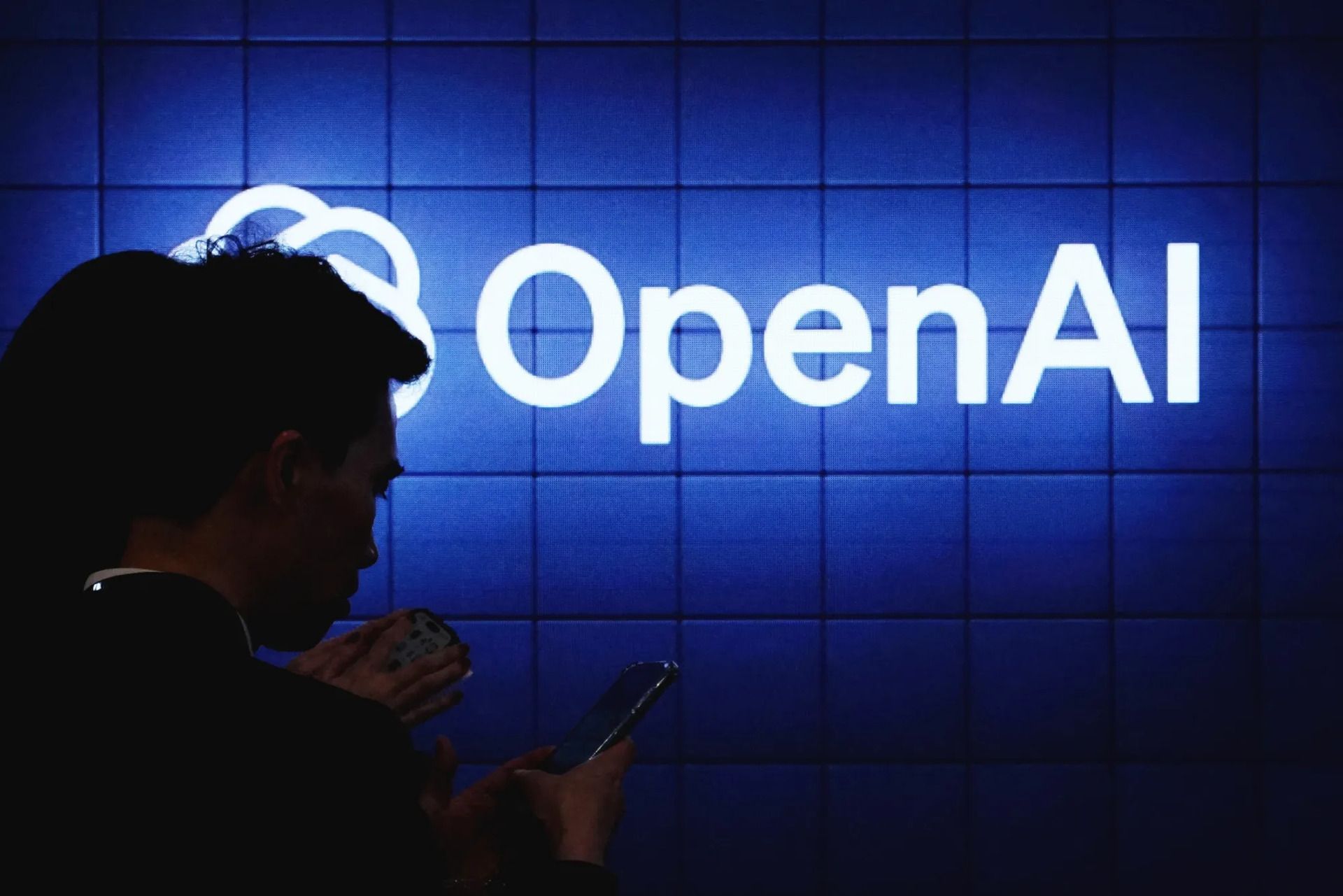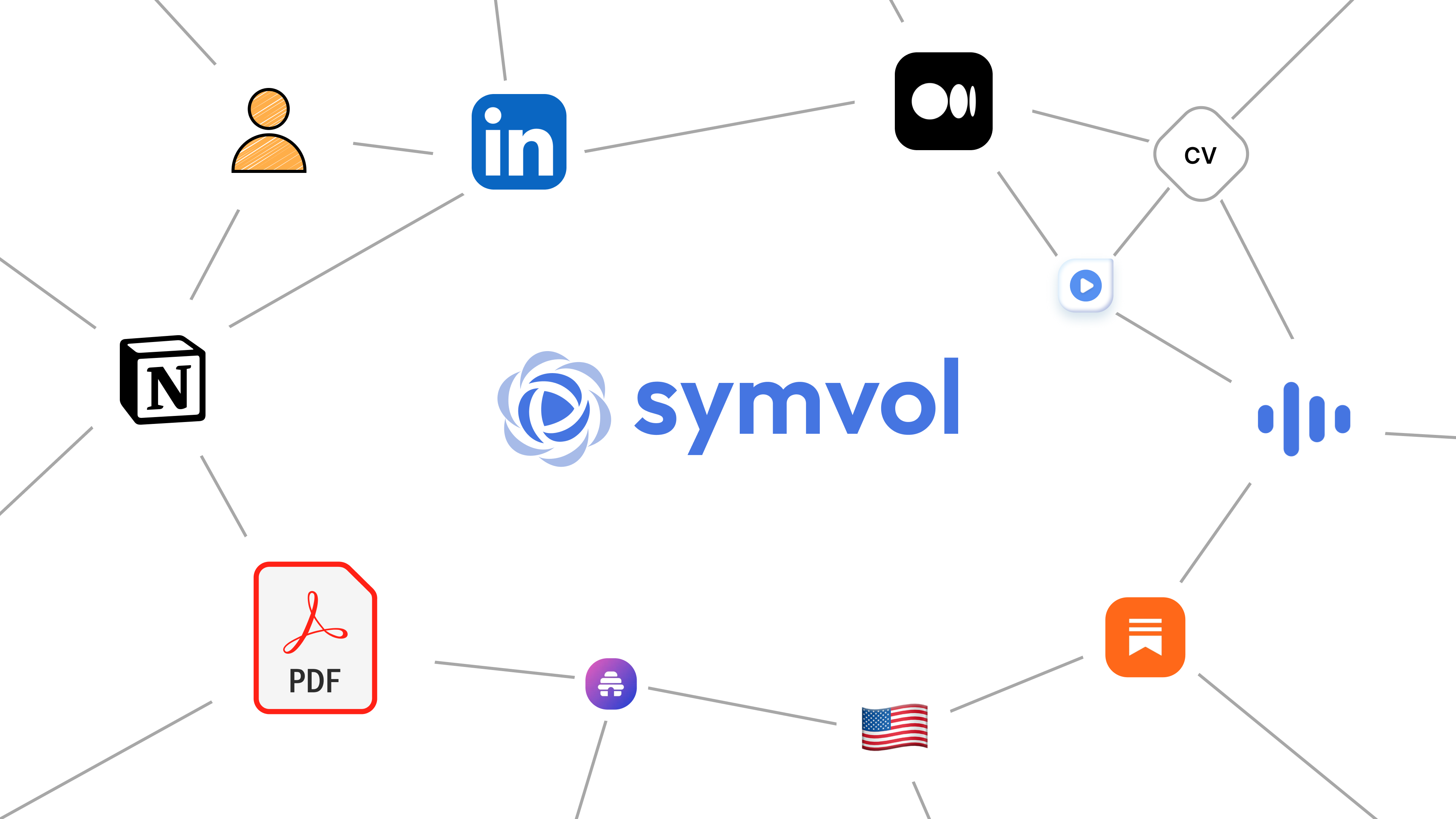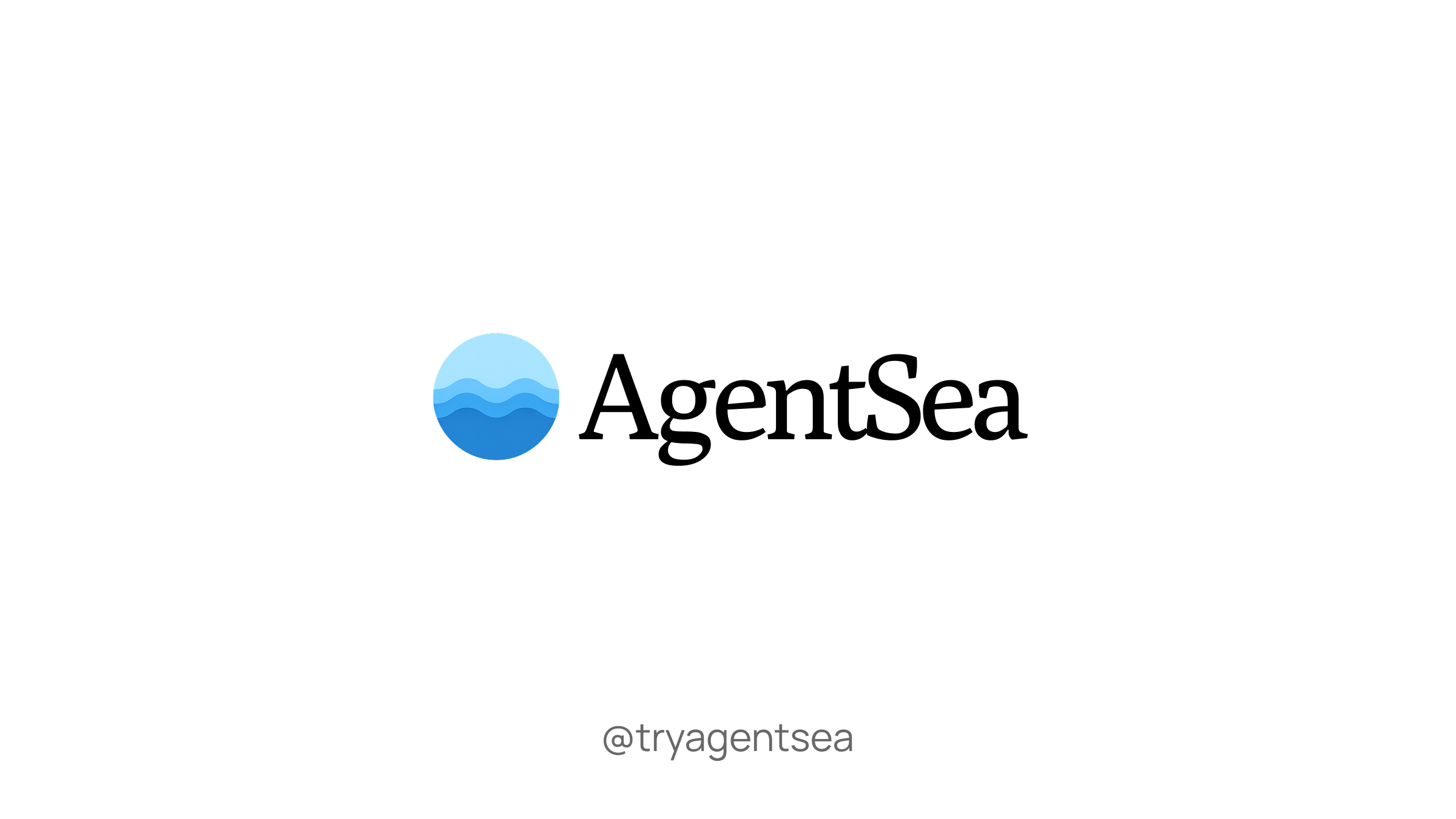Good morning. It’s Friday, September 5th.
On this day in tech history: In 1983, the term “hacker” broke into mainstream media when a youthful Neal Patrick from the 414s appeared on Newsweek. The story catalyzed hacker-culture visibility and began shaping public and policy perceptions on cybersecurity, subcultures, and digital agency.
In today’s email:
OpenAI Challenges LinkedIn
Google’s EmbeddingGemma
RoboBallet
5 New AI Tools
Latest AI Research Papers
You read. We listen. Let us know what you think by replying to this email.
In partnership with Resemble AI
Introducing Chatterbox: The Leading Open Source Voice Cloning AI
MIT Licensed • Multilingual • Emotion Control • Zero-Shot Voice Cloning
Forget paywalls and black boxes. Chatterbox by Resemble AI is the first open source, production-grade TTS that outperforms ElevenLabs in blind tests—while giving you full transparency and control.
✅ Voice Cloning in 5 Seconds – Any voice, zero training
✅ Emotion Control – Dial intensity from monotone to dramatic
✅ Real-Time Inference – Faster than you can speak (~200ms)
✅ Multilingual – 23+ languages, global-ready
✅ Secure by Default – Built-in watermarking
Result? 63.75% of evaluators preferred Chatterbox over ElevenLabs.
Thank you for supporting our sponsors!

Today’s trending AI news stories
OpenAI challenges Nvidia, LinkedIn, and regulators in one sweeping move
OpenAI is developing its first in-house AI chip with Broadcom, slated for 2026 and fabricated at TSMC, in a bid to reduce reliance on Nvidia GPUs and control spiraling compute costs. Broadcom’s CEO flagged a $10B AI infrastructure order from a “new client,” almost certainly OpenAI, signaling industrial-scale deployment.

Image: Bloomberg
The company is also preparing the OpenAI Jobs Platform, an AI-driven hiring service to rival LinkedIn, launching mid-2026. It will use machine learning to match candidates with employers and includes a dedicated track for small businesses and governments. Through OpenAI Academy, the company will also pilot “AI fluency” certifications in late 2025 with Walmart as a key partner and a goal of certifying 10 million Americans by 2030.
OpenAI’s push now extends beyond tech. Recently, It has subpoenaed advocacy groups Encode and CANI over funding, calling it transparency. Critics, however, call it intimidation. Some filings verge on absurd, such as linking a nonprofit leader to Elon Musk via a property owned by “Tesla Place, LLC,” later revealed to belong to an unrelated retired couple. At the same time, its Super PAC, “Leading the Future,” has now raised over $100M to push back on regulations it argues could slow U.S. AI dominance.
On the consumer side, OpenAI has opened up ChatGPT Projects, once paywalled, to free users, with tiered file uploads and customization nudging upgrades.
It also added conversation branching, letting users explore multiple directions without losing the original thread. Read more.
Google’ EmbeddingGemma, Veo 3, and Nano Banana drive device-level AI adoption from
Google is now turning devices and apps into fully capable AI platforms. EmbeddingGemma, a 308M-parameter model built on Gemma 3 and trained in 100+ languages, now tops the Massive Text Embedding Benchmark for sub-500M systems. Designed for on-device RAG and semantic search, it leverages Matryoshka Representation Learning to flex between speed and precision, while integrations with llama.cpp, LangChain, LMStudio, and Ollama make deployment frictionless.
On the consumer side, Google Photos now lets U.S. users turn still images into four-second silent clips with Veo 3, offering “Subtle movements” or random “I’m feeling lucky” effects. Once locked behind the $250/month AI Ultra plan, it is now free with limited daily access.

Meanwhile, Gemini’s Nano Banana has driven 200M+ image edits and, since its launch last week, was responsible for 10+ million first-time Gemini app users. The model, now integrated across AI Studio, the Gemini prompt bar, and social media, has quickly become a leader on LMArena’s Image Edit leaderboard, outperforming competitors by a 171-point margin.
Android features now include on-device Gboard AI editing, Quick Share with live previews, LE Audio group syncing, and generative Androidify avatars. Flow video generation expands interactive storytelling via Flow Sessions, supported by recently joined filmmaker-in-residence Henry Daubrez.
Topping it off, a Google Senior Engineer released a free 400+ page guide on agentic design patterns. Read more.
Deepmind’s ‘robotballet’ promises to choreograph production line gains
RoboBallet, built by UCL, Google DeepMind, and Intrinsic, is turning robotic arms into precision production-line assemblers. Using reinforcement learning and graph neural networks, it maps tasks and obstacles as network nodes, letting fleets of arms solve up to 40 jobs in seconds, even in layouts it’s never seen.
Traditional programming can take weeks for a handful of robots; RoboBallet scales instantly, generating plans hundreds of times faster than real-time while adapting to layout changes or failures on the fly. Current focus is welding, but the architecture can extend to pick-and-place, painting, or strict sequence workflows. Open-sourced code positions it as a new benchmark for autonomous industrial robotics. Read more.


5 new AI-powered tools from around the web

arXiv is a free online library where researchers share pre-publication papers.


Thank you for reading today’s edition.

Your feedback is valuable. Respond to this email and tell us how you think we could add more value to this newsletter.
Interested in reaching smart readers like you? To become an AI Breakfast sponsor, reply to this email or DM us on 𝕏!







